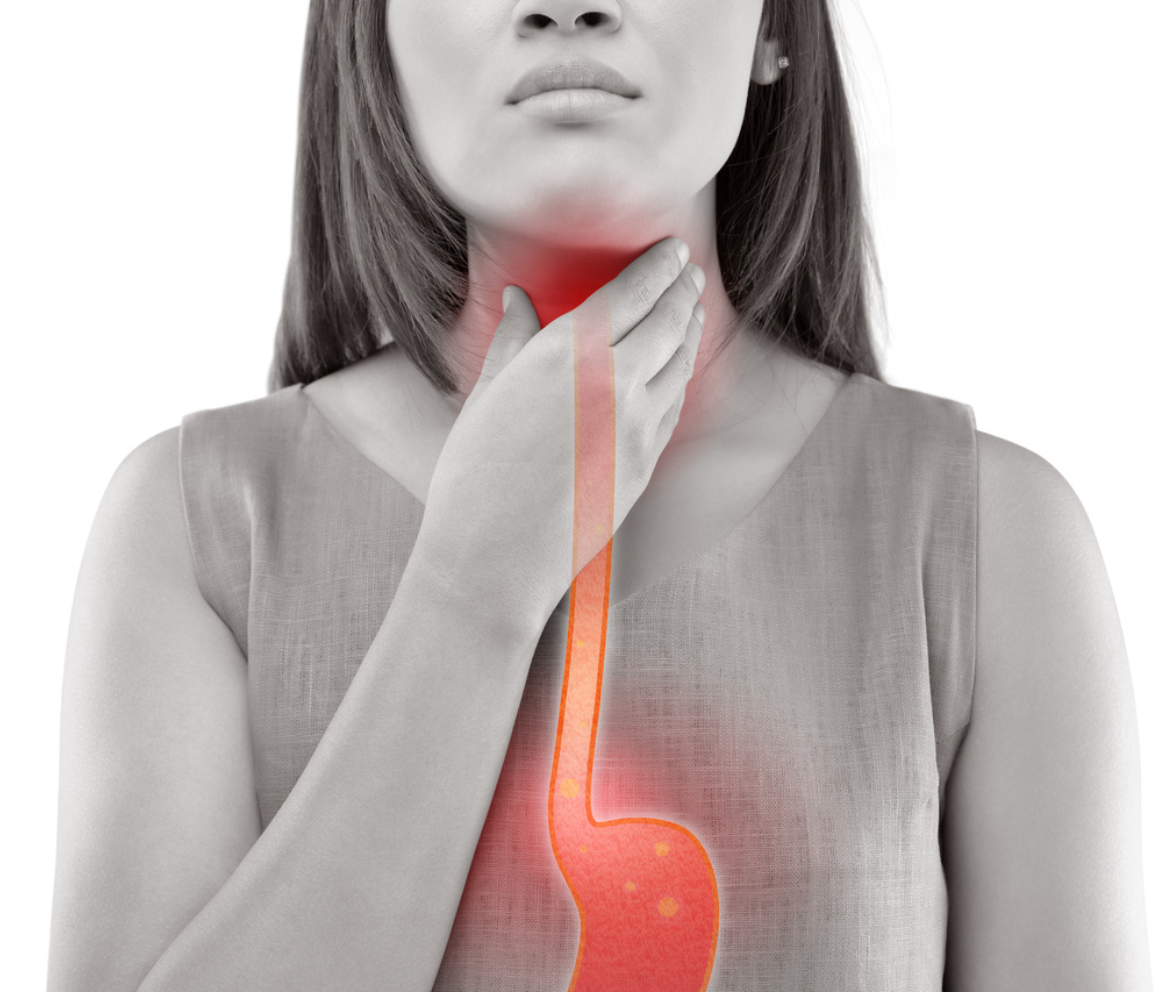Article
Pharmacy Clinical Pearl of the Day: Gastroesophageal Reflux Disease
Author(s):
GERD is mild acid reflux that occurs at least twice a week or moderate to severe acid reflux that occurs at least once a week.
Clinical Pearl of the Day: Gastroesophageal reflux disease
Gastroesophageal reflux disease (GERD) occurs when stomach acid frequently flows back into the tube connecting the mouth and stomach (esophagus).

Insight:
- Many people experience acid reflux from time to time.
- GERD is mild acid reflux that occurs at least twice a week, or moderate to severe acid reflux that occurs at least once a week.
- Most people can manage the discomfort of GERD with lifestyle changes and OTC medications. But some people with GERD may need stronger medications or surgery to ease symptoms.
- Symptoms may include burning sensation in the chest usually after eating, chest pain, difficulty swallowing, regurgitation of food or sour liquid, and the sensation of a lump in the throat.
- Risk factors may include obesity, pregnancy, connective tissue disorders, delayed stomach emptying, smoking, eating large meals, or certain foods.
- Diagnosis includes upper endoscopy, ambulatory acid probe test, esophageal manometry, and X-ray.
- Treatment includes antacids, such as Mylanta, Rolaids, and Tums. They also include medications such as H2 receptor blockers, cimetidine (Tagamet), famotidine (Pepcid), and nizatidine (Axid). Proton pump inhibitors may also be used, such as Prevacid and Prilosec.
Sources:
Newsletter
Stay informed on drug updates, treatment guidelines, and pharmacy practice trends—subscribe to Pharmacy Times for weekly clinical insights.





